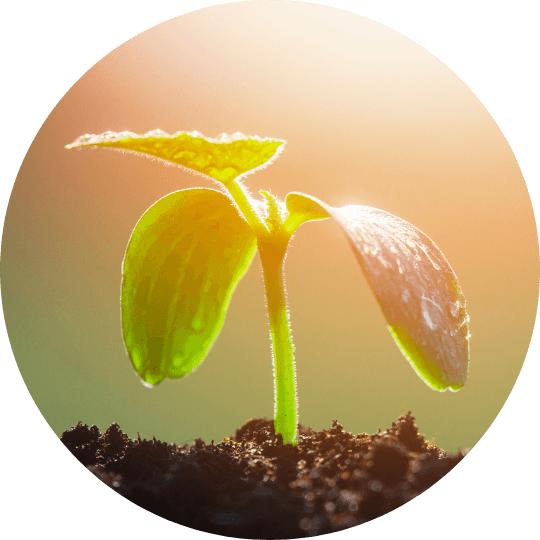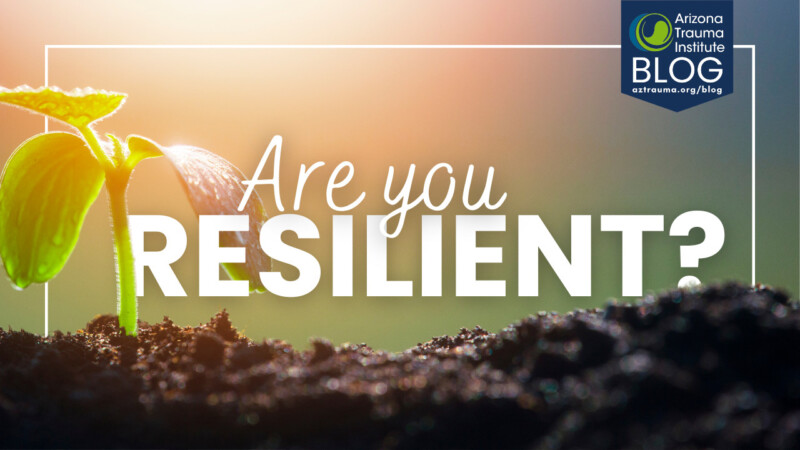How do you become more resilient?
Resilience is often thought of as a personality trait.
You either have it or you don’t. But according to the research, that’s not the case. Resilience is a skill that can be learned. And it’s a skill that can be practiced until it becomes second nature. Just like learning to ride a bike or learning to play the piano, the more you do it, the better you get at it.
So why bother? Because the benefits of becoming more resilient are huge.
People who are more resilient are more likely to experience personal growth after difficult or traumatic situations. They’re also more likely to have what some people call “grit” – the ability to stick with something even when it’s tough. And they’re less likely to be overwhelmed by adversity. In other words, they’re better equipped to handle whatever life throws their way.
So if you’re looking for a way to become a little bit tougher, a little bit wiser, and a little bit more prepared for whatever life has in store, start practicing your resilience muscle today. It’s never too late to learn this important skill.
There are several personal qualities that are considered ‘protective factors’ in individuals who are resilient. These factors are based on years of research.

Are you resilient? Can you become more resilient?
Check out this list of Traits and Indicators of Resilience:
- Relationships – the ability to form positive relationships
- Helpfulness – gives of self to help others
- Life Skills – practices good life skills such as communication, problem-solving, etc.
- Humor – ability to laugh at difficult situations
- Inner Guidance – uses internal guidance for making choices and coping with problems
- Perceptiveness – ability to understand people and situations
- Independence – ability to make choices that are best for oneself despite the norm
- Optimism – hopeful view of the future
- Adaptability – ability to adjust to changing needs and circumstances
- Love of learning – interest in and capacity to learn and grow
- Self-motivation – internally driven
- Competence – mastery of something that matters
- Self-worth – sees self as a worthy and worthwhile person
- Spirituality – faith in a power greater than oneself
- Perseverance – ability to keep on in the face of difficulty
- Creativity – use of imagination and expression through some artistic outlet
(Adapted from The Resiliency Workbook, Nan Henderson)
The Takeaway…
If you struggle with the above list of characteristics, then there is room to gain more mastery in those areas that are difficult for you. The research shows that people are more likely to learn from difficult or traumatic situations (resilience) than not. That learning is sometimes called post-traumatic growth. So, next time you find yourself in a difficult situation, remember that it just might be an opportunity for you to grow and learn. Resilience isn’t easy, but it’s worth it.

Learn more about becoming more resilient and how you can help others become more resilient.

Written by Robert Rhoton Psy D., LPC, D.A.A.E.T.S.
Dr. Robert Rhoton, CEO of Arizona Trauma Institute and President at the Trauma Institute International possesses a rich history of experience in the mental health field.



